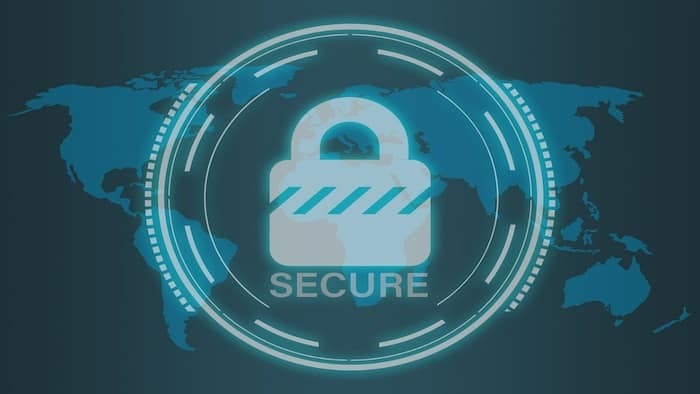
Written By Shweta Ganjoo
Published By: Shweta Ganjoo | Published: Feb 23, 2024, 10:15 AM (IST)


In the age of the internet, your every move can be tracked online. From your movement from one place to another, to your likes and dislike to your interests to your potential travel plans, there is a data trail for everything. And people with the right set of tools can access all of this data if left unprotected very easily. While there is a constant threat to data safety as scammers are always on a look out for ways to access users’ private data for their advantage, there are a couple of tips you can follow or checks and balanced you can ensure so that your data remains safe as you browse various apps and website. Also Read: A single Musk megacompany? SpaceX, Tesla, and xAI could be heading for a merger
So, here are 1o tips you can follow to protect your privacy online: Also Read: Gemini and Google AI Mode to help you prepare for JEE Main exam: Here's how
1. Clear your cookies Also Read: How to turn your photo into vector image using Gemini Nano Banana; Check prompt here
McAfee recommends that users should clear out the cookies stored by their web browsers regularly to protect their information from falling into the hands of scammers. “Cybercriminals looking to exploit this information can hijack browser sessions to pose as legitimate users and steal cookies as they travel across networks and servers,” the company wrote in a blog.
2. Use strong password, a password manager
It is always recommended that users set a strong password that’s a mix of letters, numbers and special symbols. Users should also avoid repeating passwords and use a password manager for managing passwords easily.
3. Use 2FA
Using two-factor authentication is one of most basic ways users can ensure that scammers don’t gain access to their accounts. Passwords can be supplemented with biometrics or even patterns for the same.
4. Adjust browser settings
Users should adjust their browser settings to ensure their online sessions remain private. Another option users can try is accessing the internet in private mode or incognito mode.
5. Use an ad-blocker
Ad blockers hide unwanted and potentially malicious ads in favour of a safer browsing experience. They also prevent websites from tracking users’ information that third parties can sell.
6. Use a VPN
Using a VPN or a Virtual Private Network is another technology users can use to protect their data and maintain their privacy. A VPN acts as an intermediatory between the user and the app/website that they want to access thereby making tracking difficult.
7. Limit sharing information
Limit sharing your personal information or data that can help track you online as social media posts can easily be used for tracking users in the real world.
8. Update your software
Whether you do your majority of browsing from your phone or your PC, keep all your systems updated. Device makers frequently roll out security patches to fix bugs that can otherwise lead to your data getting hacked.
9. Never use a public Wi-Fi
Public Wi-Fis are unsafe and they make it easier for a scammer to read your data packets as you use an app or access a website. If you have to, use a VPN while connecting your device to a public Wi-Fi network.
10. Close unused accounts
If you have an account that you no longer use, shut it down. Such accounts are low on safety, and they often have information that can be critical for breaking into your trove of personal data.